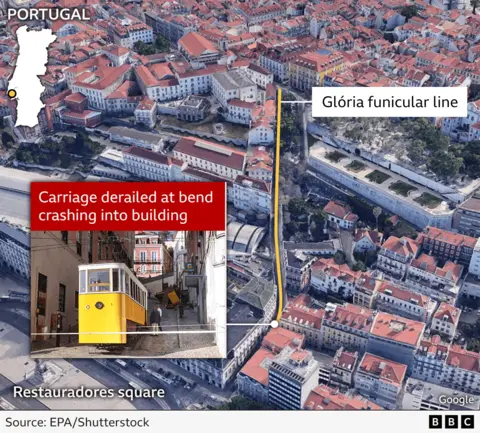EU Faces Worst Wildfire Season on Record
A record one million hectares - equivalent to about half the land area of Wales - have burned across the European Union so far this year, making it the worst wildfire season since records began in 2006.
Spain and Portugal have been hit especially hard, with roughly 1% of the entire Iberian Peninsula scorched, according to EU scientists.
The worsening fire season in the Mediterranean has been linked directly to climate change in a separate study by the World Weather Attribution group at Imperial College London. Experts warn that more frequent and severe fires across Europe are likely to continue in the future.
More than two thirds of the area burned in the EU is in Spain and Portugal alone. In Spain, more than 400,000 hectares have burned since the beginning of this year up until 26 August, according to the Copernicus European Forest Fire Information System (EFFIS). This record is more than six times the Spanish average for this time period between 2006 and 2024.
Neighboring Portugal has also suffered a record burn area of 270,000 hectares so far - almost five times the average for the same period. The combined burn area across the Iberian peninsula this year is 684,000 hectares - four times the area of Greater London, and most of it burned in just two weeks.
Fires have been concentrated in forested areas of northern Portugal and in Spain's north-western regions of Galicia, Asturias, and Castile and León. Protected areas like Picos de Europa National Park have been impacted, as well as major routes on the Camino de Santiago pilgrimage network.
Smoke from fires has dramatically decreased air quality in the area, sending smoke as far as France and the UK, with the largest known deployment of the EU civil protection mechanism's firefighting force triggered by the events.
Modern wildfires are larger, more frequent, and more severe due to climate change. The fires also release more planet-warming carbon dioxide into the atmosphere, with Spain alone releasing a record 17.68 million tonnes this year. This amount exceeds the total annual CO2 emissions of Croatia in 2023.
In southern and eastern Europe, rural depopulation is also contributing to the intense wildfires, as younger populations relocate to urban areas and leave farmland neglected, increasing fire risks.
Fire-Hardy Ecosystems Struggling to Cope
While wildfires are a natural part of Mediterranean ecosystems, the size and frequency of recent fires threaten long-term ecosystem stability. Experts stress the urgency in managing vegetation and creating fire breaks to mitigate future wildfire risks.

















